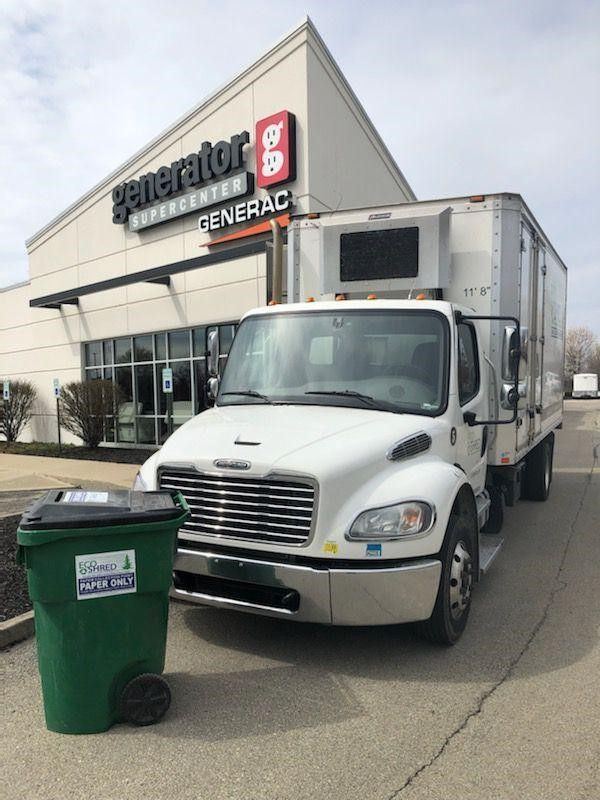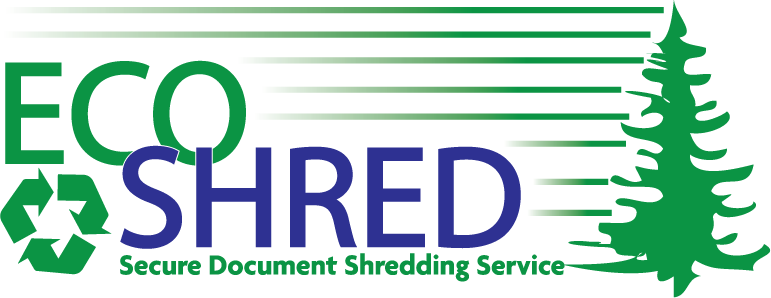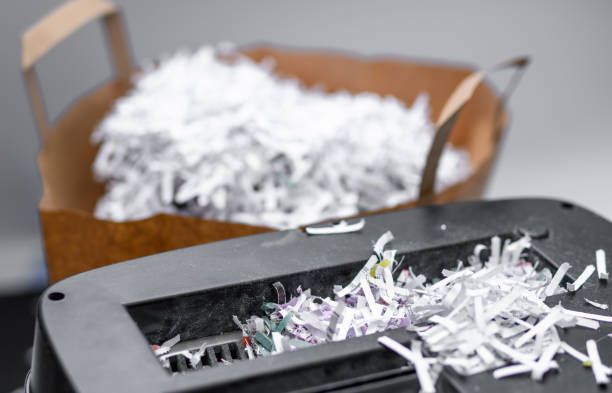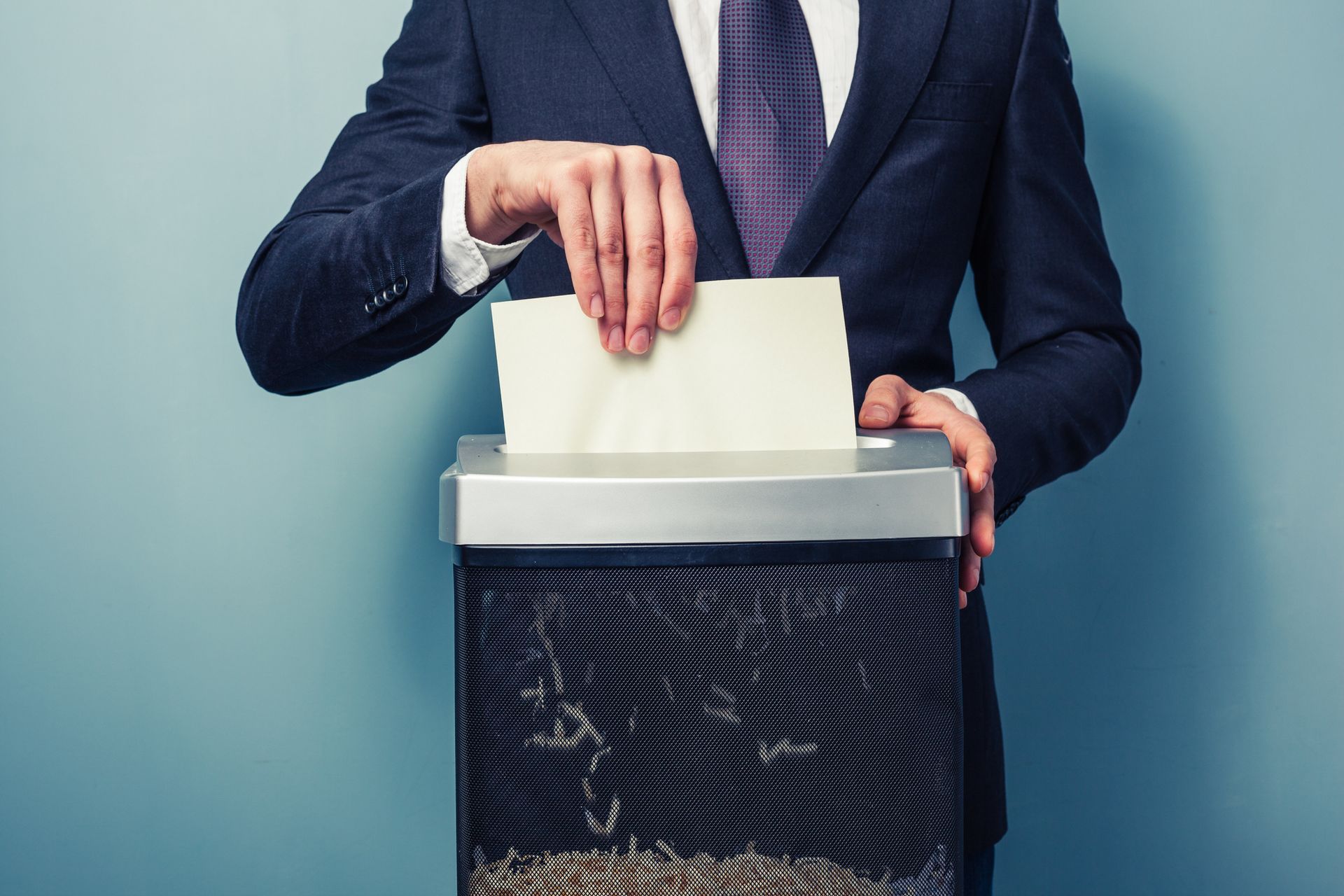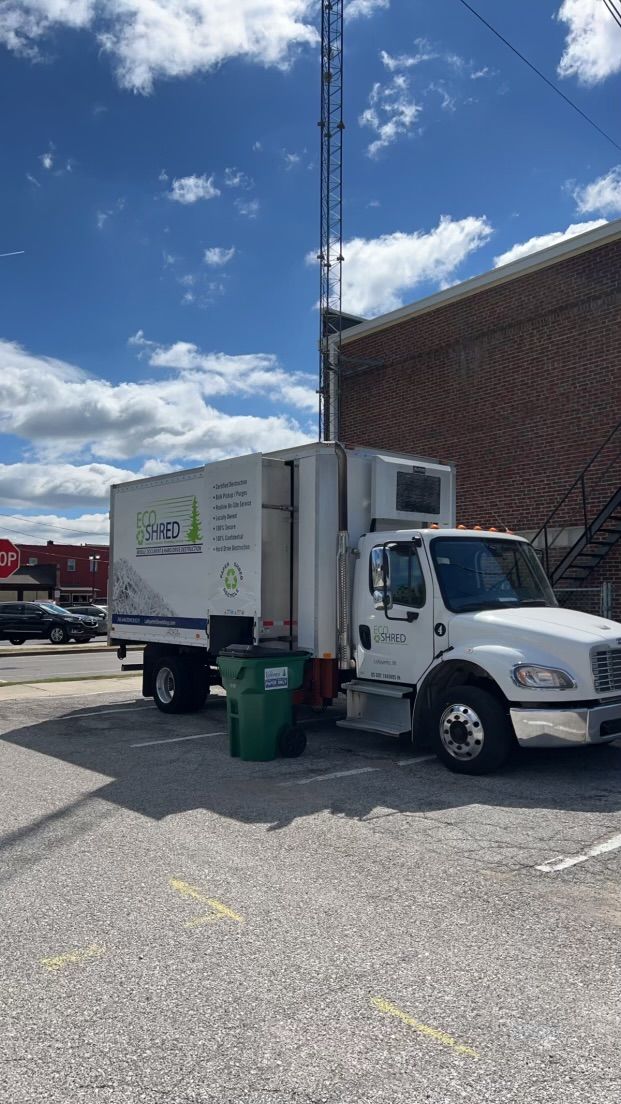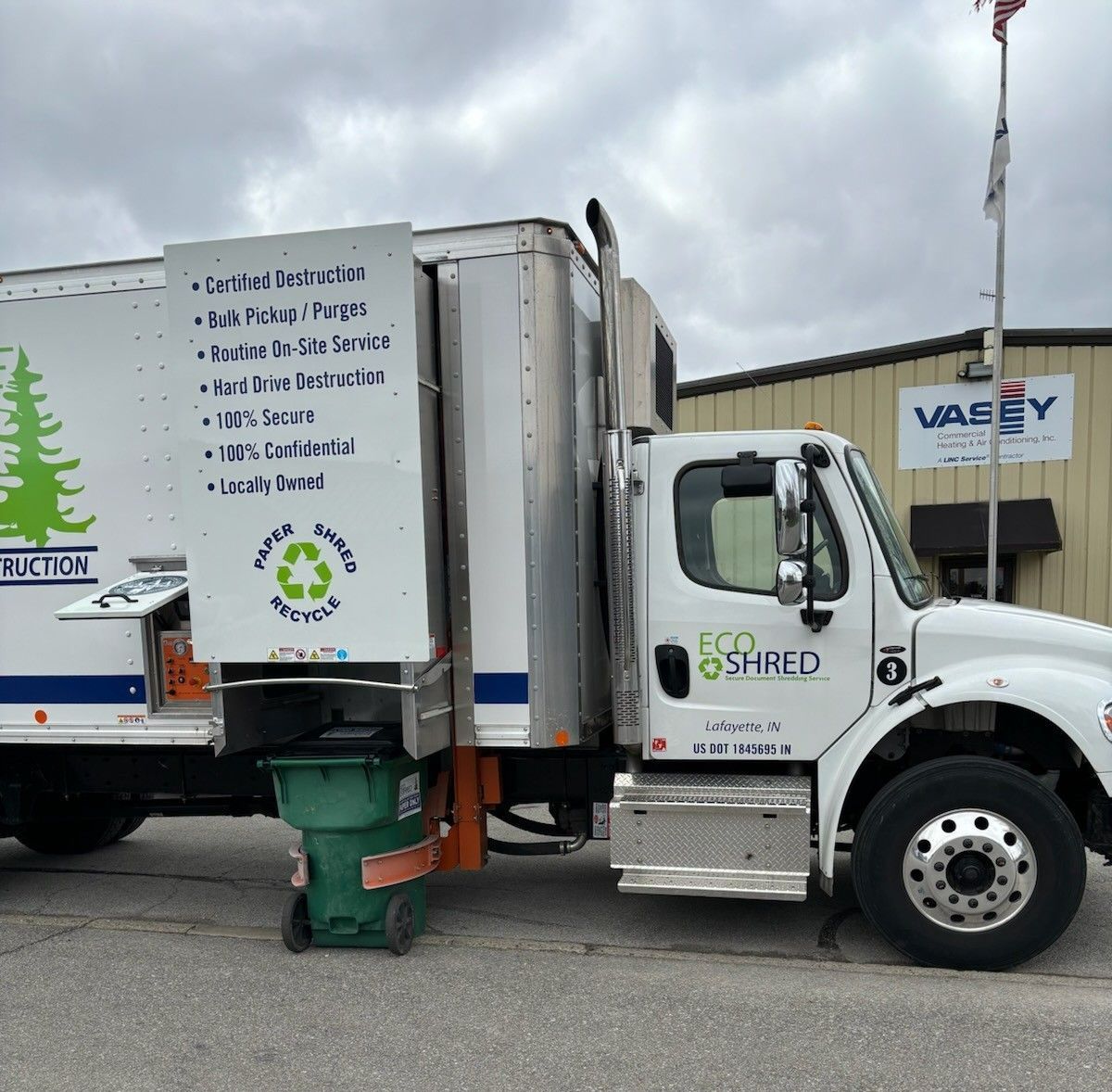Protect Your Privacy: Essential Documents You Should Shred
In today’s digital age, protecting your personal information is more crucial than ever. While we often focus on securing our online data, it's equally important to safeguard physical documents that contain sensitive information. Identity theft and fraud are significant concerns and improperly disposing of personal documents can put you at risk. One of the most effective ways to protect yourself is by shredding documents that you no longer need but contain personal information.
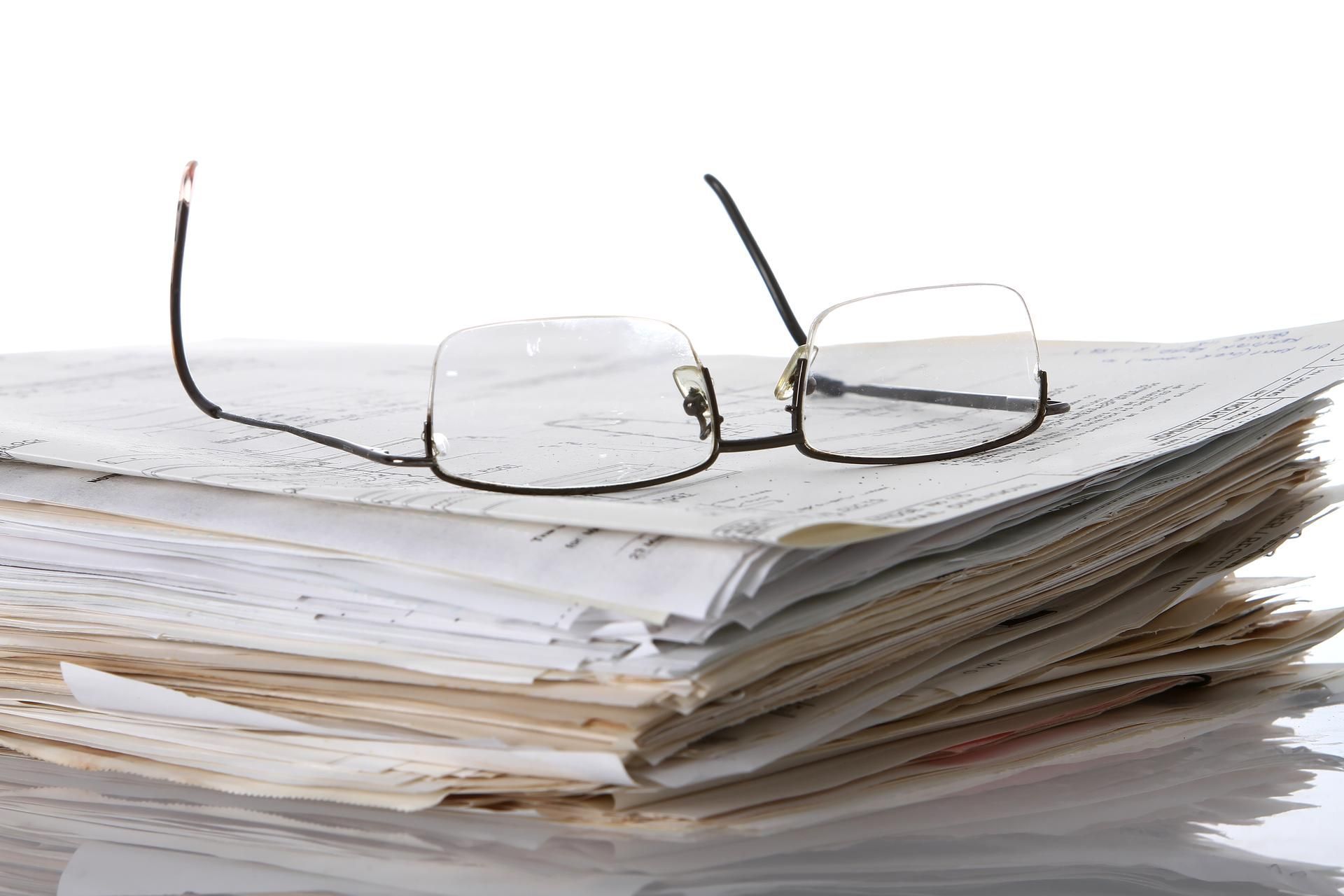
In this blog post, we'll discuss the essential documents you should shred to keep your information secure.
In today’s digital age, protecting your personal information is more crucial than ever. While we often focus on securing our online data, it's equally important to safeguard physical documents that contain sensitive information. Identity theft and fraud are significant concerns and improperly disposing of personal documents can put you at risk. One of the most effective ways to protect yourself is by shredding documents that you no longer need but contain personal information.
Financial Statements
Bank and credit card statements contain a wealth of personal information, including your account numbers, transaction history, and personal details. Shredding these documents is crucial to prevent identity theft. Even though most banks now offer electronic statements, you might still receive paper statements in the mail. Ensure that you shred them once they are no longer needed.
Tax Documents
Tax returns and associated documents, such as W-2s, 1099s, and receipts, contain sensitive information like your Social Security number and income details. You should keep tax returns and supporting documents for a few years, but once this period has passed, shredding these documents helps protect your personal information. However, if you have filed a claim for a loss, such as a bad debt deduction, keep those records for longer.
Medical Records and Bills
Medical records and bills often include personal information, such as your date of birth, insurance policy numbers, and medical history. These documents should be shredded to protect your privacy and prevent medical identity theft. Keep medical bills and insurance claims until you have confirmed that they have been paid and are no longer needed for insurance disputes.
Pay Stubs
While pay stubs are essential for verifying your income and ensuring that your paychecks are accurate, they can be shredded after you have reconciled them with your annual W-2 form. Keep pay stubs for at least a year and then shred them to prevent misuse of your personal and financial information.
Credit Card Offers and Statements
Pre-approved credit card offers and statements can be a goldmine for identity thieves. Even if you are not interested in the offers, they contain enough information to potentially open new accounts in your name. Shred these documents immediately to prevent unauthorized access to your credit information.
Canceled Checks and Bank Deposit Slips
Canceled checks and bank deposit slips contain your bank account information, which can be exploited by identity thieves. Once you have verified that the transactions are accurate and the checks have cleared, shred these documents to protect your financial information.
Utility Bills
Utility bills often include your name, address, and account number. While they may not seem as critical as other documents, these details can still be used for fraudulent activities. Keep utility bills for at least one year if needed for tax or legal purposes, then shred them to ensure your privacy.
Investment and Retirement Account Statements
Statements from investment and retirement accounts, such as 401(k) plans, IRAs, and brokerage accounts, contain sensitive information about your financial holdings and account numbers. Keep annual statements and documents related to major transactions permanently, but shred monthly or quarterly statements once they are reconciled with the annual summary.
Junk Mail With Personal Information
Even seemingly innocuous junk mail can contain personal information that could be used by identity thieves. Anything that includes your name, address, or other identifying details should be shredded to prevent it from falling into the wrong hands.
Shredding documents that contain personal and sensitive information is a critical step in protecting yourself from identity theft and fraud. By properly disposing of these documents, you can prevent unauthorized access to your personal information and reduce the risk of becoming a victim of identity theft. Using a shredding service and establishing a regular shredding routine can help ensure that your private information remains secure. Remember, when in doubt, it's better to shred than to risk your personal information being compromised.
Contact us at Eco Shred to learn more.

